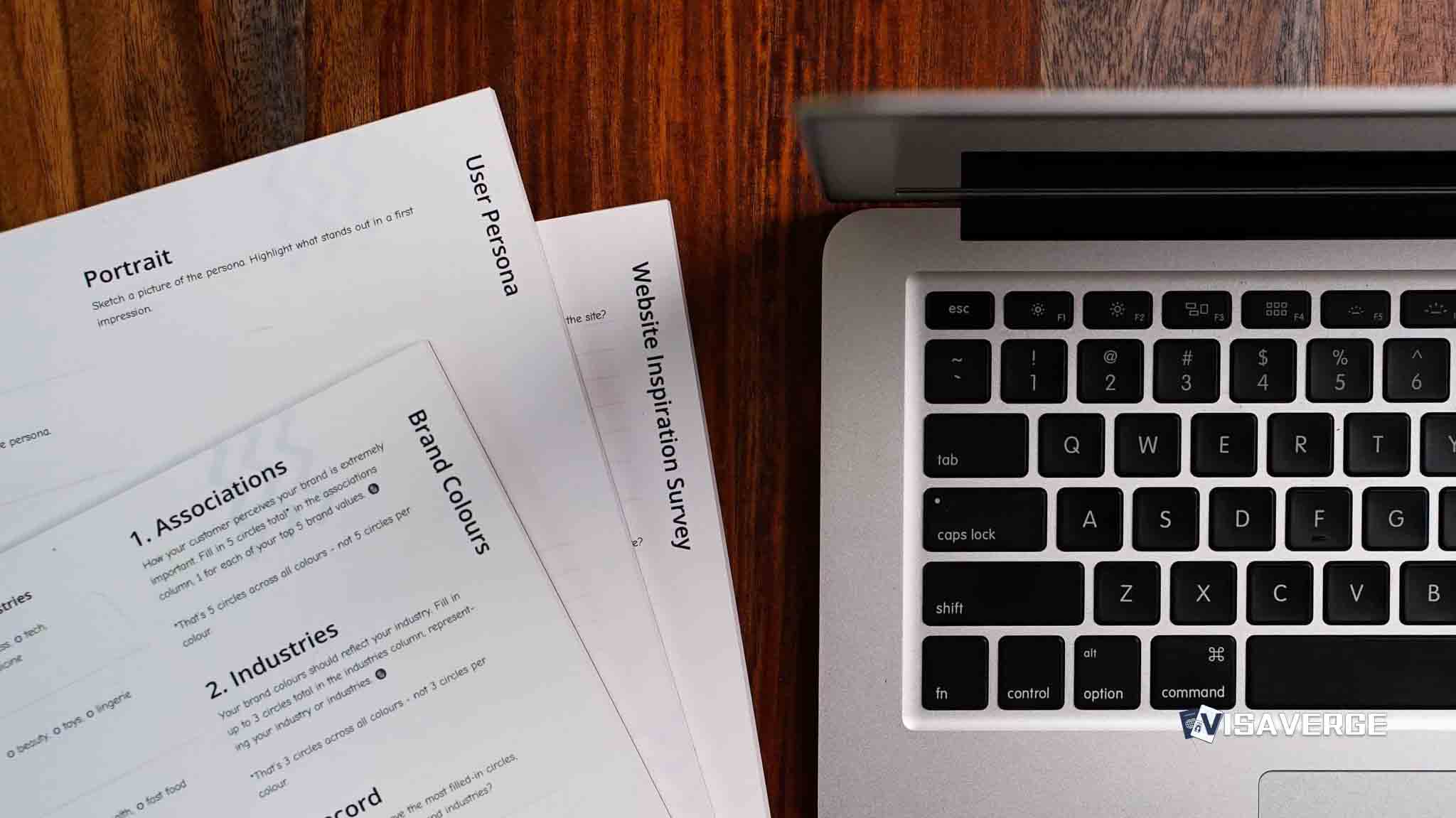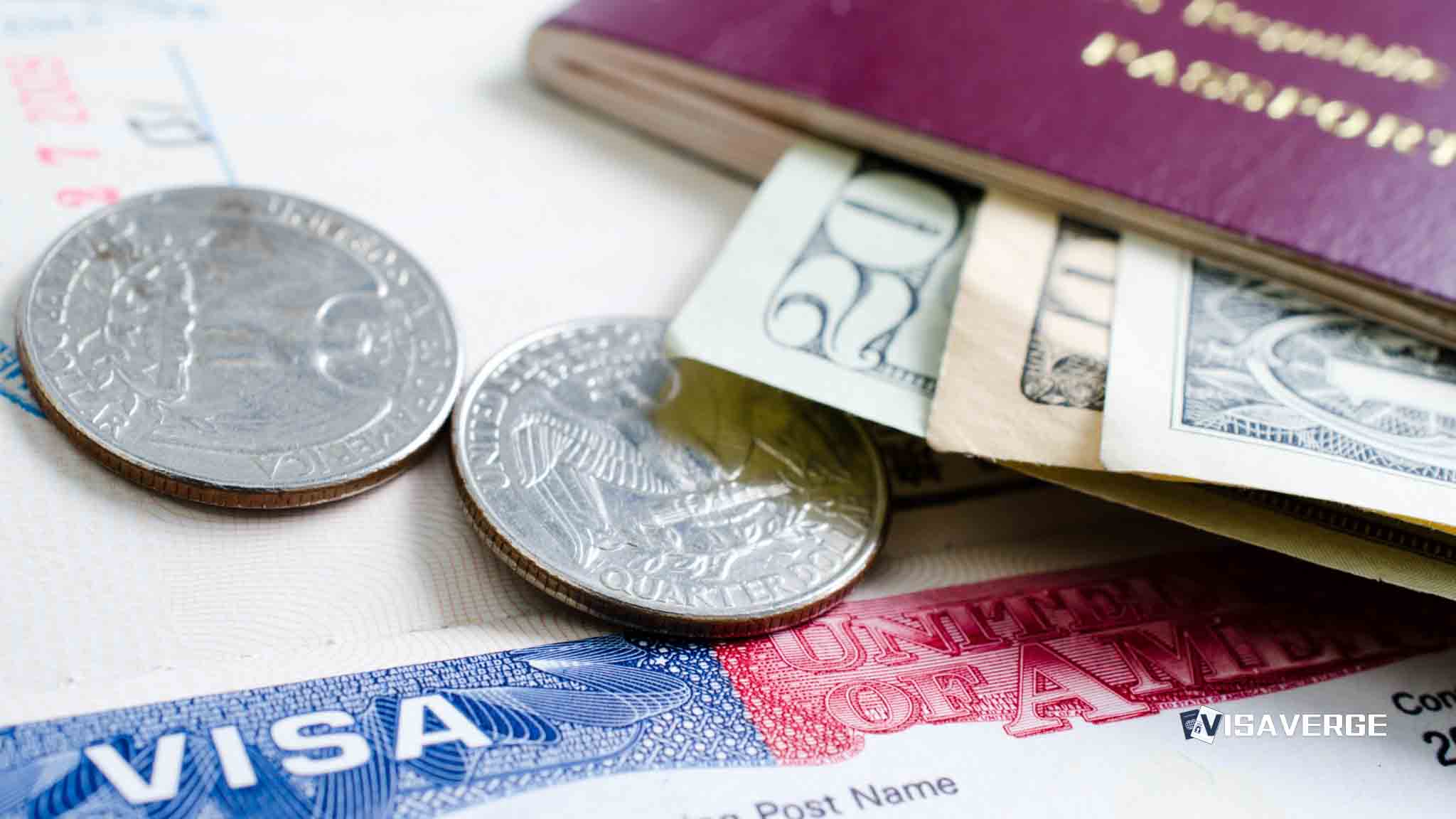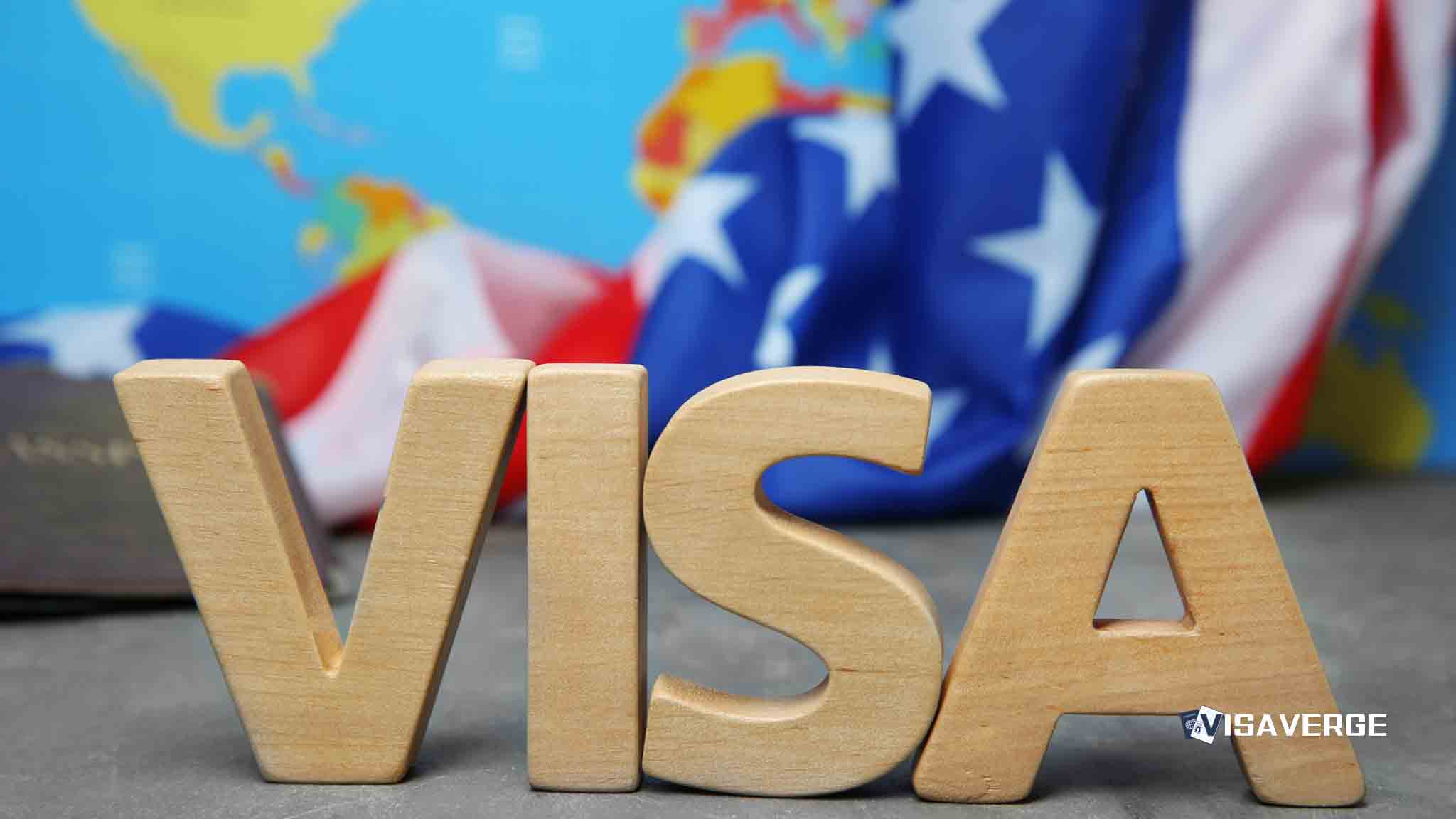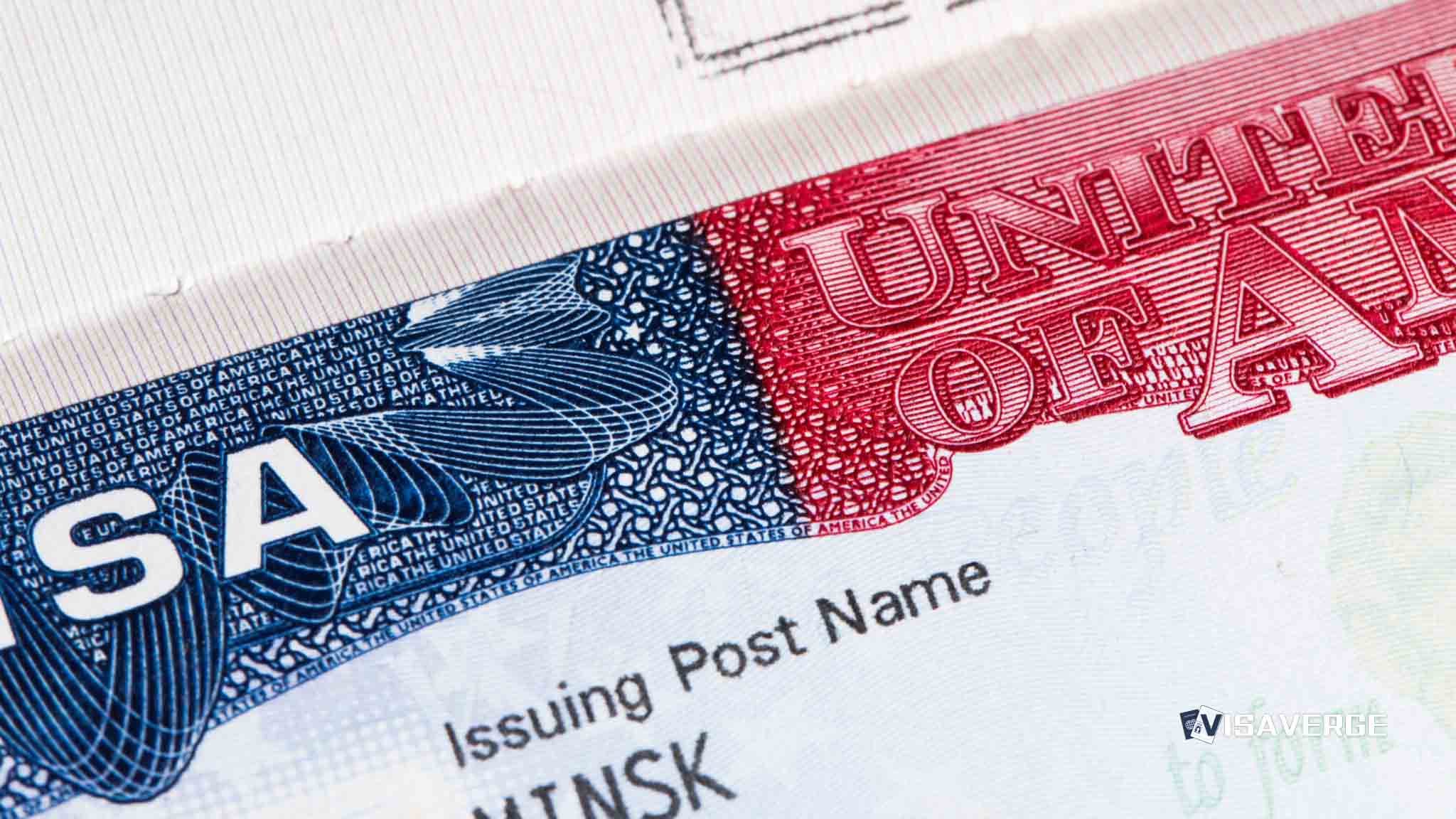Strengthening Your L-1 Visa Application as a Startup
Applying for an L-1 visa as a startup can be a daunting task, especially given the stringent requirements set forth by immigration authorities. While having robust financials can simplify the process, startups often need alternative ways to demonstrate their stability and commitment to the L-1 visa application. Let’s explore the additional documents that can bolster your application even with limited financials.
Supplementing Financial Documents for Your Startup
Since bank statements and income reports may not reflect the full potential of a nascent enterprise, you’ll need to provide supplementary evidence to support your L-1 visa application. Check out the following types of documents you can prepare:
Business Plans and Forecasts
A detailed business plan can be a powerful tool for startups. It should outline your short and long-term goals, strategies for achieving them, and market analysis to show the sustainability and growth potential of your business. Including financial projections is also critical, as they demonstrate your company’s trajectory.
Proof of Investment and Assets

Startups often begin with an infusion of capital, whether from investors, personal funds, or loans. Documentation of these investments can show strong financial backing and serious commitment. Provide receipts, contracts, and statements related to any assets your company owns.
Contractual Agreements and Client Letters
Having secured contracts and letters of commitment from potential or existing clients can serve as evidence of a promising business pipeline. These documents suggest operational vitality, which is important for proving your company’s stability.
Additional Documents to Showcase Company Stability
Not all proof of company stability comes down to number crunching. Here are more types of evidence that can support your case:
- Office Leases or Property Deeds: Physical proof of your business’s operation, like a lease agreement for office space or a deed, indicates the intention to maintain a long-term presence.
- Organizational Charts and Staffing Plans: These illustrate the structure of your business and forecasted staffing to support its growth, thus showcasing managerial capacity and planning.
- Press Releases and Media Coverage: Positive media attention can be indicative of a startup’s potential and help establish its credibility and notoriety in its industry.
Legal and Professional Support References
While compiling your documents, consider seeking guidance from immigration attorneys or consultants. They can provide valuable insights into which specific documents might carry more weight for your L-1 visa application. Official resources USCIS L-1 Visa Guide can offer additional direction.
Final Thoughts
Remember, the key to a successful L-1 visa application for your startup lies in presenting a comprehensive picture of future success, not just current financials. With the right supplementary documentation, your application can depict a promising company with a clear path toward stability and growth. Always ensure each piece of evidence aligns with the reality of your business and accurately reflects its potential.
Navigating immigration processes requires patience and attention to detail. Showcase your startup’s unique strengths, and let them speak to your company’s capability and dedication, thus paving the way for a positive outcome in your L-1 visa application.
And there you have it, my tech-savvy friend! Strengthening your L-1 visa application as a startup is all about presenting a comprehensive picture of your future success. So get those business plans, contracts, and media coverage ready to go. And if you want even more tips and guidance, head over to visaverge.com for all your visa application needs. Good luck, and may the tech gods shine upon you!
FAQ’s to know:
FAQ 1: What additional documents can startups provide to strengthen their L-1 visa application?
Answer: Startups can provide several additional documents to strengthen their L-1 visa application, including:
- Business Plans and Forecasts: A detailed business plan outlining goals, strategies, and financial projections showcases the sustainability and growth potential of the startup.
- Proof of Investment and Assets: Documentation of investments, such as receipts, contracts, and statements, demonstrates financial backing and commitment.
-
Contractual Agreements and Client Letters: Secured contracts and letters of commitment from potential or existing clients indicate a promising business pipeline and operational vitality.
-
Office Leases or Property Deeds: Physical proof of business operation, like a lease agreement or property deed, demonstrates the intention to maintain a long-term presence.
-
Organizational Charts and Staffing Plans: Illustrating the structure and growth plans of the startup showcases managerial capacity and planning.
-
Press Releases and Media Coverage: Positive media attention establishes the startup’s credibility, potential, and industry recognition.
These documents provide evidence of stability, growth potential, financial backing, operational vitality, and credibility, which can enhance the chances of a successful L-1 visa application.
FAQ 2: Should startups seek legal and professional support for their L-1 visa application?
Answer: Yes, startups should consider seeking legal and professional support, such as immigration attorneys or consultants, for their L-1 visa application. These experts can provide valuable insights into which specific documents might carry more weight for the application. They have extensive knowledge and experience in navigating the complexities of the immigration process and can offer guidance on the best strategies to strengthen the application. Additionally, referring to official resources like the USCIS L-1 Visa Guide can provide further direction and ensure compliance with the necessary requirements.
FAQ 3: How important is it for startups to present a comprehensive picture of future success in their L-1 visa application?
Answer: Presenting a comprehensive picture of future success is crucial for startups applying for an L-1 visa. While financial documents are important, they may not fully reflect the potential of a nascent enterprise. Therefore, startups need to provide additional documents that demonstrate stability, growth potential, and commitment. This can include business plans, financial projections, proof of investment, contractual agreements, client letters, office leases, organizational charts, staffing plans, and press releases. By showcasing a clear path towards stability and growth, startups can enhance their chances of a successful L-1 visa application. It’s essential to ensure that each piece of evidence aligns with the reality of the business and accurately reflects its potential.
What did you learn? Answer below to know:
- What type of document can showcase a startup’s sustainability and growth potential in an L-1 visa application?
a) Bank statements and income reports
b) Business plans and forecasts
c) Organizational charts and staffing plans
d) Press releases and media coverage
- Which type of evidence can demonstrate a startup’s intention to maintain a long-term presence in an L-1 visa application?
a) Proof of investment and assets
b) Contractual agreements and client letters
c) Office leases or property deeds
d) Business plans and financial projections
- How can positive media attention support a startup’s L-1 visa application?
a) By demonstrating the financial stability of the company
b) By providing evidence of managerial capacity and planning
c) By indicating the intention to maintain a long-term presence
d) By establishing credibility and notoriety in the industry








